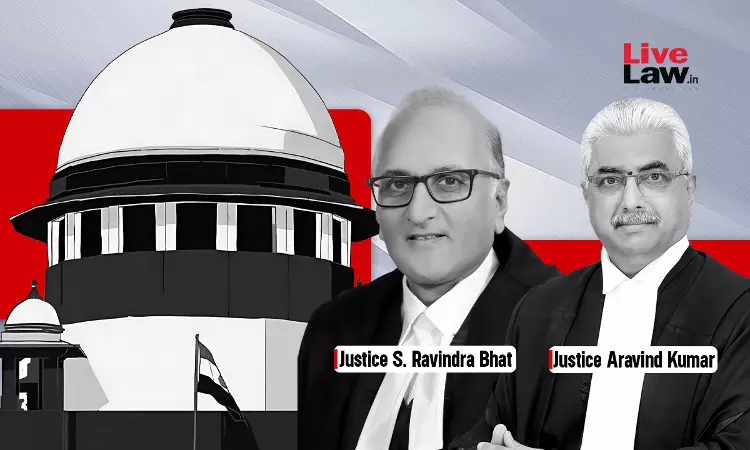Self-Respect Marriages Don't Require Public Solemnisation Or Declaration : Supreme Court Overrules Madras HC Judgment
Suraj Parmar
28 Aug 2023 2:48 PM IST

The Court said that the Madras High Court's view was a narrow one based on the assumption that self-respect marriage needed public declaration.
Next Story


